Leaving a Legacy: Biblical Wisdom for Generational Wealth
Leaving a Legacy: Biblical Wisdom for Generational Wealth

Leaving a Legacy: Biblical Wisdom for Generational Wealth
When you think about your legacy, what comes to mind? For many of us, it’s not just about leaving behind money or property—it’s about passing on values, security, and opportunities for the next generation. At Dingle Agency, we believe that true legacy is built on both faith and financial wisdom.
Proverbs 13:22 tells us:
“A good person leaves an inheritance for their children’s children.”
This verse isn’t just about material wealth—it’s about stewardship, planning, and caring for your family’s future, even beyond your lifetime.
What Does Generational Wealth Really Mean?
Generational wealth is more than just a bank account. It’s about creating a foundation that allows your children and grandchildren to thrive—whether that’s through education, a family business, or simply the peace of mind that comes with financial protection.
In practical terms, this can look like:
- Setting up college funds or trusts
- Passing down a family home or business
- Teaching your children good money habits
- Having the right insurance in place to protect your loved ones
The Role of Life Insurance in Legacy Planning
One of the most effective (and often overlooked) tools for leaving a legacy is life insurance. It’s not just about replacing income—it’s about creating a financial safety net that can help your family pay off debts, cover future expenses, or even fund a grandchild’s dreams.
Here’s a quick comparison:
- Term Life Insurance:
Affordable coverage for a set period (10, 15, 20, or 30 years). Great for covering specific needs like a mortgage or children’s education.
- Indexed Universal Life (IUL) Insurance:
Flexible, long-term coverage that can build cash value tied to market performance (without the risk of direct investment). IUL policies allow you to adjust premiums and benefits as your needs change, and the cash value can be accessed for emergencies, opportunities, or passed down as part of your estate.
Both options can play a role in your legacy plan, depending on your family’s needs and goals.
Biblical Principles for Wise Planning
Scripture encourages us to be proactive and thoughtful with what we’ve been given. Proverbs 21:5 says, “The plans of the diligent lead surely to abundance.” That’s why it’s important to review your financial and insurance plans regularly, update beneficiaries, and talk openly with your family about your wishes.
Next Steps: Start the Conversation
Leaving a legacy doesn’t happen by accident—it’s the result of intentional choices made today. If you’re ready to take the next step, Dingle Agency is here to guide you with honesty, compassion, and expertise rooted in Christian values.
Let us help you transform your family’s future—so your love and wisdom endure for generations to come.








